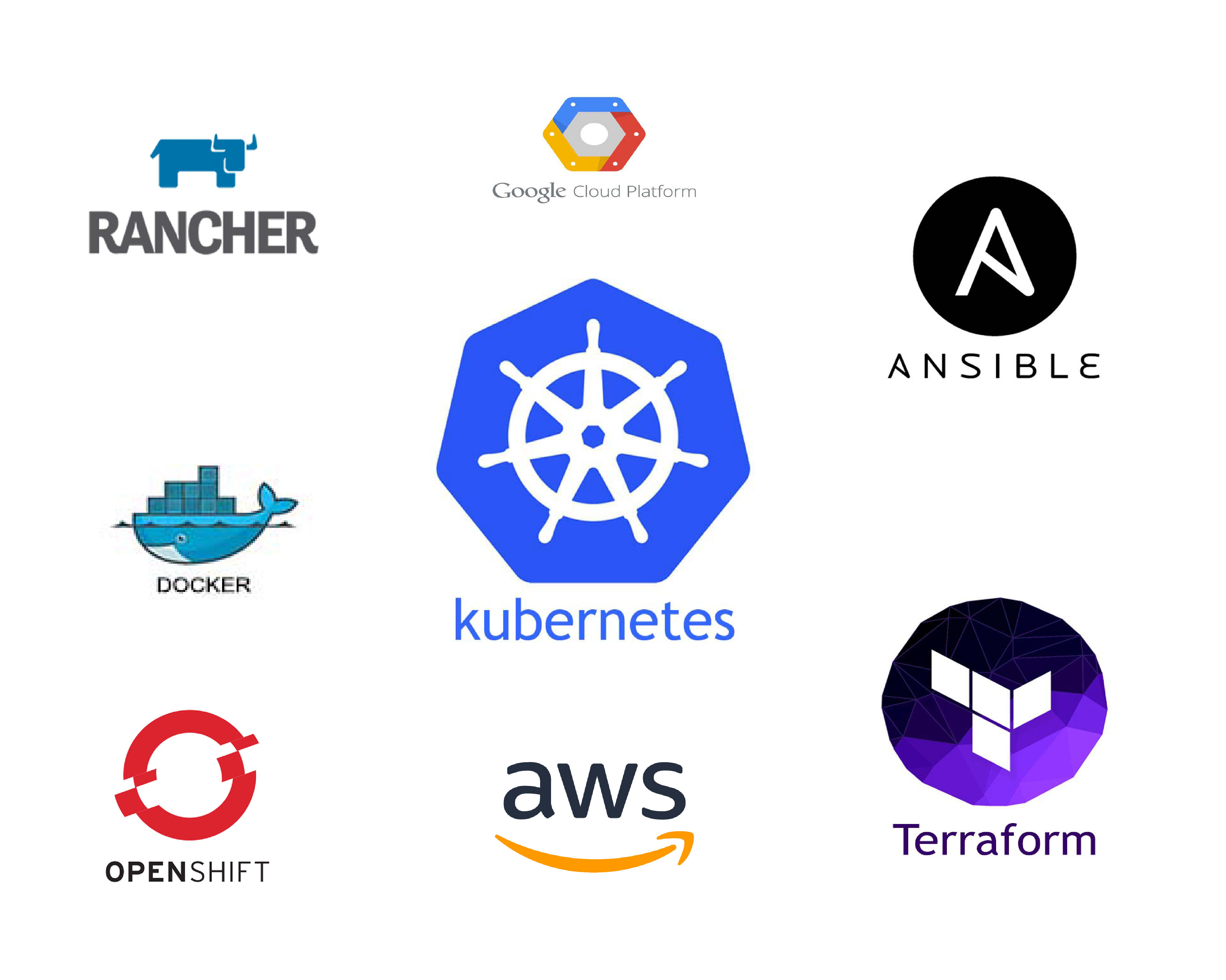

Kubernetes logs all requests to its audit log so they can be investigated later in case of a breach.

But there is always a chance that one of your employees gets hacked or a badly configured service account has too much power. Kubernetes and cloud providers invest a lot of effort in preventing unauthorized users and machines from doing this. For example, an attack could call the Kubernetes API to load a new pod you didn't want. In Kubernetes, there are additional attack vectors using the Kubernetes control plane itself that don't exist in Linux server security. And just as with with configurations, you should be aware at all times of who (and what) can have access to which resources and operations in your cluster. If you can set your cluster to private, with access only allowed from an internal network, you can sleep well at night. Using the most strict authentication and authorization settings is highly recommended to prevent this.

IS DOCKER AND KUBERNETES THE SAME FULL
This means that a hacker that finds their way to the API server can have full control over your cluster. In most deployments, this HTTP server is exposed to the internet. The Kubernetes API server is the admin panel, so to speak, of your cluster. Having a cloud security platform that can help implement these recommendations can be a major boon to your security. One of the famous among these is the Center for Internet Security (CIS) recommendations, which are often used for compliance for insurance. Both Linux servers and Kubernetes clusters have known vulnerabilities and recommendations. For example, this might mean disabling all unused features or using allow-policies wherever you can to keep your files, executables, or network available only to the intended entity. When trying to secure your infrastructure, you have to start by configuring it well. So today, we'll talk more about the security concerns unique to Kubernetes. We also talked about 3 major aspects of Linux server security - processes, network, and file system - and how they correspond to Kubernetes. In our previous article, we covered why security is so important in both Linux on-premises servers and cloud Kubernetes clusters. Security for Kubernetes might not be quite the same as what you're used to.


 0 kommentar(er)
0 kommentar(er)
